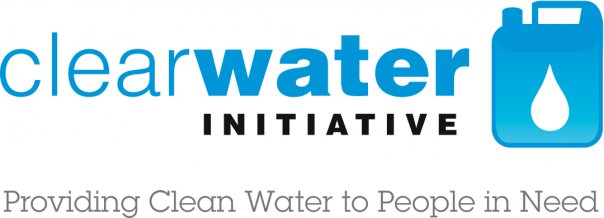




Free enterprise is alive and well in Uganda. Entrepreneurs set up mats on the sidewalk and sell everything from peanuts to watches, hand-made wallets and newspapers, to clothing. Throngs of these makeshift vendors line the streets of the city centers. The three most popular icons on these items are: the Pope, the Virgin Mary, and Barack Obama. There are key chains, bags, t-shirts, posters, bottle openers, belt buckles, and just about anything else which can bear an emblem, proudly showing the U.S. president. He is a folk hero here.
Ugandans claim him as an African. When I counter and say, no he's actually American! They laugh at me. As a storeowner said yesterday, “No, no, my friend, don't be silly. This man is ALL African.”
-----
John and I made friends with a local shopkeeper in Gulu. It became our place to sit with locals and unwind from the days and the dust and discuss life in our respective homes. One recent night, the clerk asked me “What of this business with the Massachusetts politicians? I think Obama is in trouble because of this, no?” and I had to laugh at this astute observation. But his question reinforced to me that international eyes are on the U.S. and its policies (It also made me ponder how many of my own countrymen are as in tune to the political happenings of our legislative bodies.)
As individuals engaged in aid work, we represent not only ourselves, but also the NGO community, an ideal, and our home nation. We would be prudent to conduct ourselves with our best foot forward, ever in tuned to the local concerns and culture. It has been made public that they deeply respect ours. I have the keychain to prove it.
































